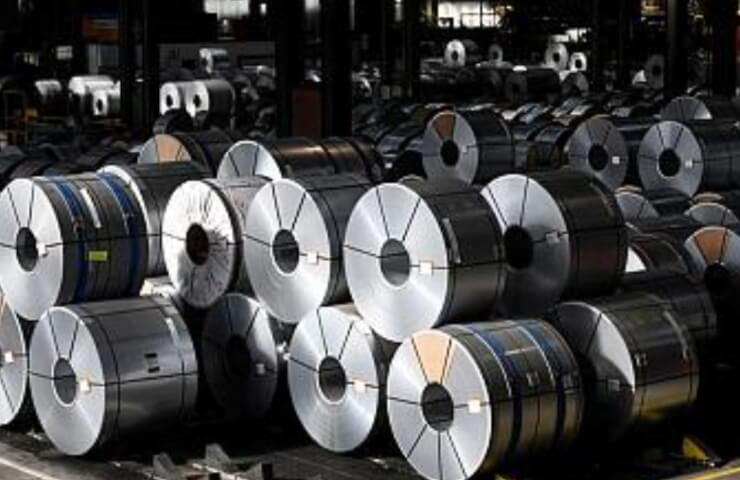Steel demand in Europe
Automotive sector
Prospects for the automotive industry in Europe were starting to improve again. A number of car manufacturers, especially in Germany, are now cutting production again. This is due to the lack of wiring and cable harnesses, as well as tighter supply of metals such as aluminum and palladium.
The shortage of semiconductors and other major components is expected to worsen. Consequently, demand for steel from the automotive sector is likely to decline. Moreover, lower consumer confidence will reduce new car sales.
Construction
Despite the existing problems, the European construction sector was doing well before the start of the war, helped by mild winter weather. Buyers in the construction segment are now trying to secure the supply of steel for their ongoing projects, but very high prices are eroding their profits.
Introduction of new schemes is likely to be delayed as budgets need to be recalculated and may not be approved. Problems related to labor shortages, high costs and poor availability of materials are likely to get worse.
Economy
In 2022, economic activity in Europe is projected to be adversely affected by high energy prices. In addition, the impact of the war between Russia and Ukraine is likely to delay the elimination of bottlenecks in the global supply chain created by the Covid pandemic, further slowing GDP growth. Investor confidence is expected to deteriorate. This will discourage spending on capital goods, a large segment of steel consumption.
The purchasing power of households is projected to decrease as a result of rising costs of utilities, fuel and food. Russia and Ukraine are major suppliers of agricultural products such as wheat, corn, barley and sunflower oil. These two countries are also key exporters of many common and rare non-ferrous metals. Reduced supply and the subsequent rise in prices in this segment will aggravate inflation.
EU Monetary and Fiscal Policy
The European Central Bank could wind down its asset purchase program if financial conditions worsen. The interest rate hike may also be delayed. Fiscal policy is being adjusted to offset the pressure on households and businesses due to high energy costs. However, there is concern that government action may not be enough to maintain confidence among consumers and businesses.
Although a recession is not part of the latest forecasts of most economists, the risk of one beginning is quite high. If, as part of Russia's response to Western sanctions, energy supplies to Europe were cut off, one could expect at least two consecutive quarters of an economic downturn.




